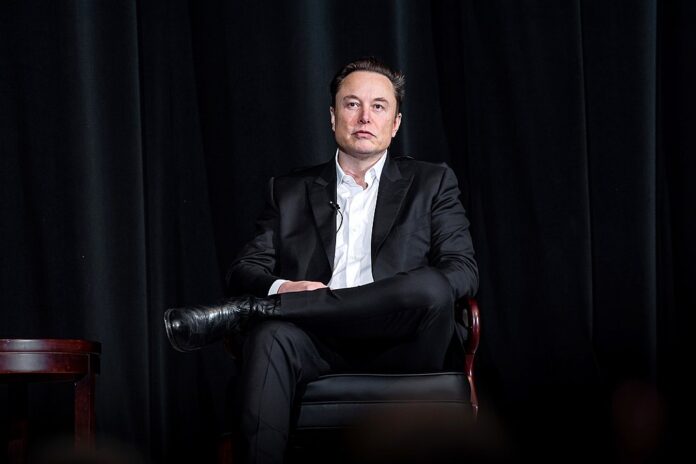As Elon Musk prepares to unveil Tesla’s investment plans in India, challenges from China and global tech disruptions loom large
Elon Musk is set to make a significant move into the Indian market later this month, announcing Tesla’s electric vehicle (EV) investment plans. This strategic pivot to India comes at a time when Musk faces mounting challenges in China, where local competitors have outpaced Tesla, amidst broader tech disruptions and a slowdown in global demand.
New Delhi, recognizing the potential impact of Tesla’s entry, views it as a catalyst for India’s own push towards electric vehicles. This mirrors the initial enthusiasm seen in China but comes after a significant policy shift. Initially resistant to Tesla’s requests for import duty reductions, Indian policymakers have revised their stance, now offering cuts for Tesla’s high-value models contingent upon investment commitments and future local manufacturing promises.
The centerpiece of this policy adjustment involves reducing import duties from 100% to 15% for electric car models priced over $35,000, provided Tesla invests $500 million in establishing a local production facility. This policy is designed to facilitate Tesla’s entry by allowing initial imports of its cars, likely from its Berlin-Brandenburg plant rather than Shanghai, due to sensitivities concerning imports from China.
Elon Musk’s agenda in India is not just about launching Tesla cars. It is a critical test of his ability to navigate significant market transitions. Tesla has experienced a noticeable dip in its stock with projections showing this quarter could be its slowest since 2022. This is attributed to decreased production and deliveries, highlighting a broader overcapacity issue within its facilities in Shanghai and Berlin.
Tesla’s challenges are multi-faceted. On one hand, it lacks a mass-market entry-level car, a gap that Musk had previously aimed to fill. On the other hand, Tesla is increasingly competing with Chinese EV manufacturers like BYD, which recently surpassed Tesla in sales due to its more affordable models.
Furthermore, Tesla’s dominant position in the EV market is being recalibrated. The company is set to open up its extensive charging network to other car models in the US by the end of 2024, a move driven by a need to tap into $7.5 billion in subsidies, which dilutes its exclusive edge.
India’s EV strategy is currently centred around battery electric vehicles, with lithium-ion technology as the preferred option. However, the policy landscape is evolving to accommodate a broader range of technologies, reflecting global shifts towards diverse battery chemistries like sodium-ion and solid-state batteries.
As Tesla prepares to roll out its plan for India, it is clear that the journey will be fraught with challenges. Yet, it also presents an opportunity for Musk to leverage India’s growing market potential to offset some of the pressures he faces elsewhere. The dynamics of this entry could very well dictate the pace at which India and Tesla navigate their respective electric futures.
